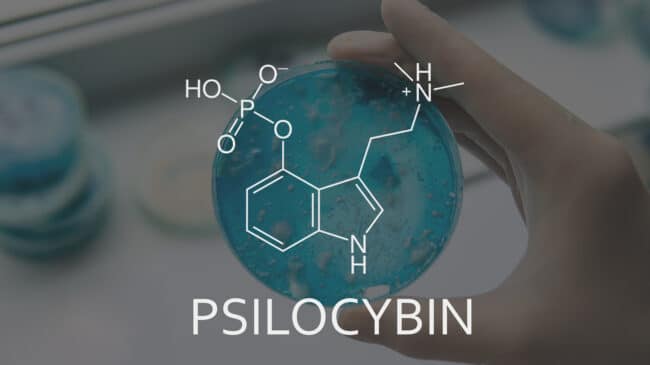The COVID-19 pandemic exacerbated a national mental-health crisis in the United States. Drug overdose deaths have climbed rapidly over the past 20 years, and suicide rates have gradually increased. Psilocybin and other psychedelics have shown great promise in treating mental health conditions, but their use is severely limited by legal and social obstacles.
Over the past decade, medical and scientific communities have increasingly recognized the potential of psychedelic therapies for the treatment of intractable mental health conditions. Legal and logistical barriers to innovation have remained as the range of potential uses for psychedelic substances has expanded. Accessing a reliable, high-quality supply of experimental drugs for clinical trials has been a major obstacle.
Psychedelics have the potential to be more effective than conventional drugs now being used to treat a range of mental health disorders. Current drug options frequently have efficacy rates in the low teens.
The U.S. Food and Drug Administration (FDA) began expediting psilocybin research and approval by designating it as a “breakthrough therapy” in 2019 after the agency recognized psilocybin-assisted therapy as potentially far more effective than treatments currently available on the market. In 2017, the FDA designated MDMA as a breakthrough therapy for post-traumatic stress disorder.
If research shows selective serotonin reuptake inhibitors and psychedelics do not negatively interact when administered together, psychedelic-assisted therapies could transform from stand-alone treatments to complementary treatments, which would expand their markets.
Many of the people who are helped by psychedelic-assisted therapies are also taking other drugs, like selective serotonin reuptake inhibitor (SSRI) antidepressants, for relief. It’s important to learn how these common drugs and psychedelics interact with each other. If research shows SSRIs and psychedelics do not negatively interact when administered together, psychedelic-assisted therapies could transform from stand-alone treatments to complementary treatments, which would expand their markets. This could allow participants in the therapy to slowly taper off SSRIs as the longer-lasting effectiveness of psychedelic-assisted therapies take hold so that these individuals do not suffer from rapid withdrawal symptoms.
Alternatively, there may be some scenarios in which a patient and their doctor wish to continue SSRI usage alongside psychedelic-assisted therapies, although many patients may hope psychedelic therapies can enable them to avoid the need for continual, ongoing medication.
Oregon, Colorado, and Washington, D.C., are already taking strides toward establishing regulatory frameworks that allow licensed professionals to administer psilocybin therapy even without FDA approval of these treatments. Lawmakers in other states have proposed comparable legislation in rapid succession, indicating that state-licensed psychedelic therapies are likely to continue expanding.
These regulatory regimes could increase the accessibility of these therapies because drugmakers would not need to recover the costs of FDA trials within their pricing schemes. At the same time, state regulation can ensure the safety of cultivation and manufacturing processes and, where appropriate, restrict access to qualified patients or individuals.
Part 1 Introduction and Background
Part 2 Reviewing Recent Clinical Trials
Part 3 Academic Research Into Psilocybin
Part 4 Policy Considerations
Part 5 Emerging Legal Frameworks
Part 6 Looking Ahead
Modernizing psilocybin policy to improve mental health outcomes

